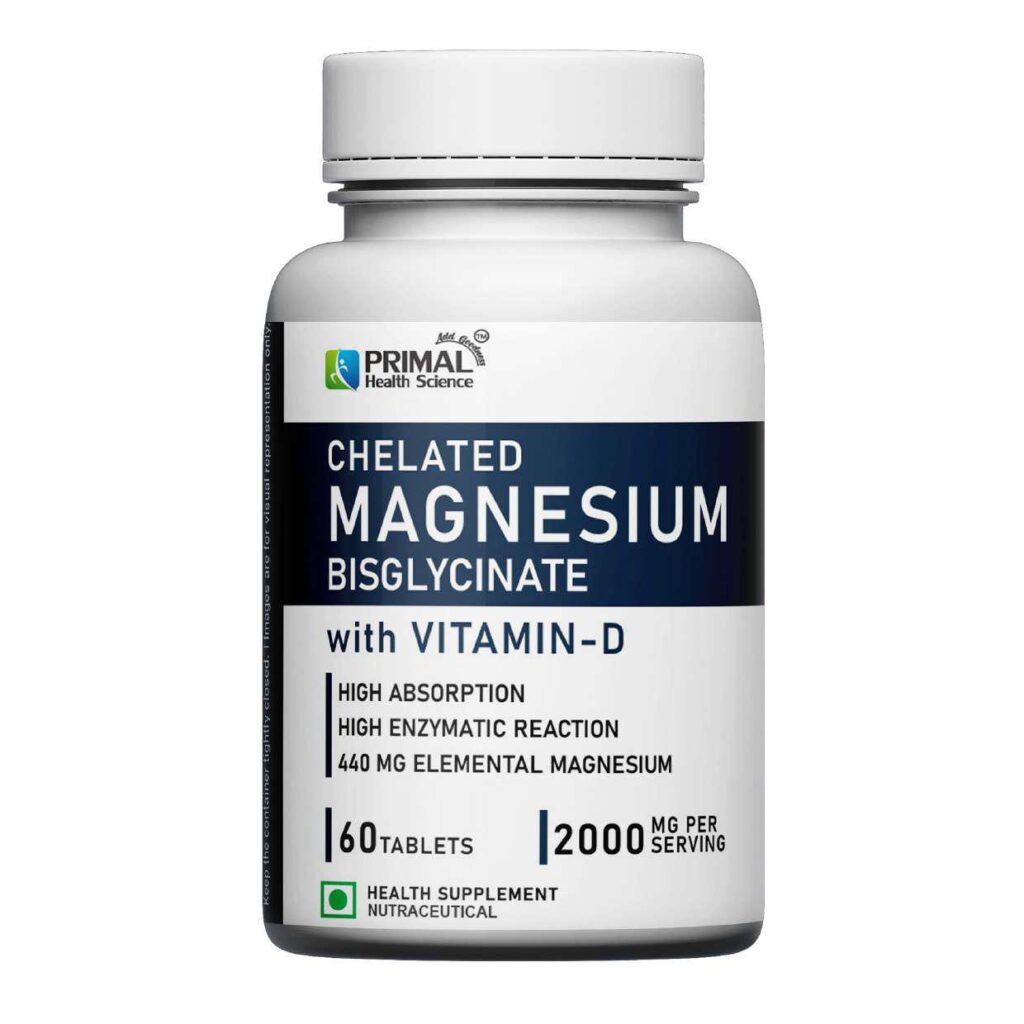Magnesium acts as an enzymatic cofactor in hundreds of biochemical reactions, particularly those involving energy production, synthesis of nucleic acids (DNA and RNA).
Magnesium Benefits:
- Protein synthesis
- ATP Synthesis, known as a cash currency for an energy,
- Neuromuscular function,
- Glucose and Insulin Metabolism
- Blood pressure regulation.
- Maintaining hearth rhythm
- Supporting immune system
- Structural development of bones,
- Enabling the active transport of calcium and potassium ions across cell membranes.
Magnesium Management in body:
An adult body contains approximately 25 g magnesium, with 50% to 60% present in the bones and most of the rest in soft tissues. Less than 1% of total magnesium is in blood serum, and these levels are kept under tight control. Magnesium homeostasis is largely controlled by the kidney, which typically excretes about 120 mg magnesium into the urine each day
Recommended Levels:
Adult Male need daily 440 mg & Female need 400 mg Magnesium.
Food Source of Magnesium:
Magnesium is widely distributed in plant and animal foods and in beverages. Green leafy vegetables, such as spinach, legumes, nuts, seeds, poultry, nuts, fish and whole grains, are good sources.
Despite numerous food sources of magnesium, about 50% of the country’s population is magnesium deficient.
Dietary Supplement:
Magnesium supplements are available in a variety of forms, including magnesium oxide, citrate, chloride, bisglycinate but Absorption of magnesium from different kinds of magnesium supplements varies. Magnsium Bisglycinate has highest elemental calcium i.e. 22%. If you taking a 1000 mg of Magnesium Bisglycinate, you will get 220 mg of elemental magnesium that is highest than any other form.
Magnsium Bisglycinate has highest elemental magensium i.e. 22%. Vitamin D is Vital for activation of Magnesium.




